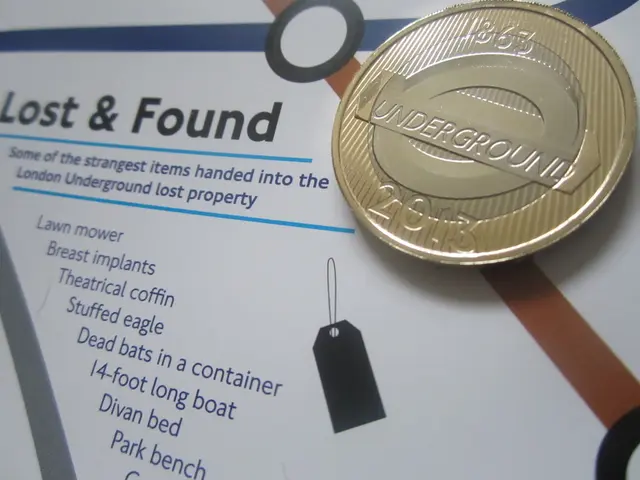International Betting Across Borders Sparks Debates on Legal Oversight
The cross-border gambling industry, worth a staggering $92.9 billion in global revenue in 2023, continues to be a regulatory quagmire. International collaboration is key to addressing this issue, as the lack of uniform regulations across jurisdictions creates a complex web of challenges.
Regulatory fragmentation is a significant barrier, with different countries imposing varying licensing fees, taxes, and operational restrictions. For instance, Germany's 5.3% stake tax and Sweden's 22% gross gaming revenue tax disadvantage operators, constraining market growth. Italy’s high licensing fees act as barriers for new entrants.
Consumer protection and responsible gambling are other pressing concerns. European markets, such as the UK, Germany, and the Netherlands, are intensifying scrutiny to address gambling addiction and ensure player safety, often clamping down on unregulated operators to curb black market competition.
Cybersecurity and data protection are also crucial aspects of cross-border regulation. EU regulations require operators to maintain advanced cybersecurity protocols, such as encryption and multi-layered security, to protect customer data and maintain trust.
Anti-money laundering (AML) compliance is another vital issue, as the international nature of online gambling creates vulnerabilities for money laundering. The EU’s AMLD5 expands AML obligations to online gambling platforms, requiring stringent Know Your Customer (KYC) procedures and transaction monitoring to prevent illicit financial flows.
Enforcement of fines for accessing foreign gambling sites is inconsistent, and disputes with offshore operators are harder to resolve. As of 2024, only 12 countries have specific laws addressing cross-border gambling.
Player protection measures, like deposit limits, are not available with offshore operators. Smaller countries often lack the means to combat illegal online gambling operators, and many countries lack tools to monitor offshore online gambling operators. Tech-savvy users can bypass country restrictions using powerful VPNs, leaving gaps that criminals exploit in the cross-border gambling industry.
The lack of a unified framework leaves gaps that criminals exploit in the cross-border gambling industry. The clash between local regulations and international platforms raises pressing questions about consumer protection and tax revenue. Tax evasion becomes a concern as winnings go unreported in the cross-border gambling industry.
Potential solutions involve harmonized regulatory standards and mutual recognition of licenses to reduce barriers and provide a consistent regulatory environment across borders. Integrated AML frameworks and information sharing between countries can tackle money laundering efficiently. Investment in cybersecurity infrastructure and regular audits can protect platform integrity and player data in a cross-jurisdictional context. Smarter regulation, balancing restrictions with market growth and innovation, including measured taxation and enforcement that deter illegal operators without stifling legitimate business, is also advocated. International cooperation and multi-jurisdictional enforcement mechanisms can address cross-border fraud, licensing violations, and illicit financial activities.
The challenges and solutions reflect the complex interplay of legal, technological, and economic factors in regulating an inherently global online gambling market. The need for international cooperation is more pressing than ever to ensure a fair, safe, and transparent cross-border gambling industry.
[1] Source: GamblingCompliance [2] Source: European Commission [3] Source: European Gaming Media and Events [4] Source: Gambling Times [5] Source: Gambling Compliance
Read also:
- IM Motors reveals extended-range powertrain akin to installing an internal combustion engine in a Tesla Model Y
- Amazon customer duped over Nvidia RTX 5070 Ti purchase: shipped item replaced with suspicious white powder; PC hardware fan deceived, discovers salt instead of GPU core days after receiving defective RTX 5090.
- Hyundai's 2025 IONIQ 9 luxury electric SUV receives a thorough evaluation, highlighting its abundant features and significant cost.
- Annual energy expenditure at the University Science Building slashes by $1.2 million, all the while adhering to environmental safety ventilation standards.




